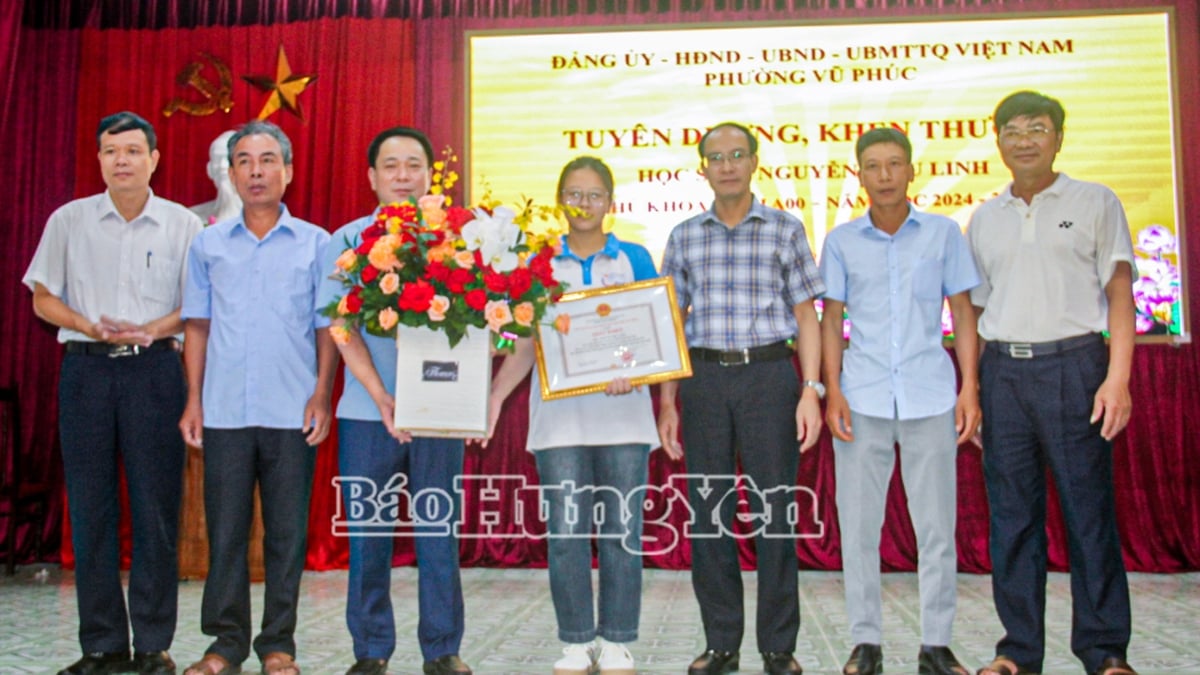On October 16, at The Makeover 2024 conference, Talentnet Joint Stock Company shared the Talentnet - Mercer Salary, Bonus and Welfare Report in Vietnam 2024 and suggested flexible salary and bonus payment solutions for businesses.
Voluntary turnover rate down, layoff rate up
According to Talentnet - Mercer's report, in 2024, the economic context will have a profound impact on the human resources market. The change causes employees to face financial pressure and desire job stability. In Vietnamese companies, the voluntary resignation rate was 9.6% in the first half of 2024.

But on the other hand, businesses must have solutions to balance their budgets. It is predicted that in 2025, the rate of businesses cutting staff will be 7.3%, an increase of 6% compared to 2024. Vietnamese businesses will also cut their salary increase rate from 6.7% in 2023 to 6.3% in 2024, while multinational businesses will reduce it from 6.7% to 6.5%.
Ms. Nguyen Thi Quynh Phuong - Director of Talentnet's Human Resources Consulting Department - shared: "The economic downturn has caused businesses to seek ways to optimize their human resources, leading to an increase in layoffs. But on the positive side, new job opportunities have also emerged. In fact, the rate of companies planning to hire more has increased from 37% in 2023 to 41.4% in 2024."
Ms. Quynh Phuong also said that although the salary increase rate has decreased, it has decreased slightly, demonstrating the company's efforts to ensure the rights of employees.
“When looking at the economic context, I believe workers can be satisfied with this small change,” Ms. Phuong concluded.
To help businesses have more suggestions for building competitive salary and bonus policies and balancing operating budgets, Ms. Quynh Phuong provides an overview of flexible salary payment.
Sustainable salary and bonus with flexible payment solutions
According to Ms. Quynh Phuong, when paying flexible salaries, businesses need to adhere to four pillars: Consistency with the market; Ability to promote performance; Personalization; Transparency.

Analyzing each pillar, starting from market consistency, Ms. Phuong said: "Enterprises need to choose a measurement to help increase competitiveness of salary and bonus policies and attract candidates." Measurements include industry-wide comparison, internal industry comparison, comparison with direct competitors, and comparison within specific segments - for example, the 50% of companies paying the highest salaries in the market.
With the ability to promote performance, Ms. Phuong cited evidence: the percentage of flexible salary in the salary structure of leaders and sales managers is often higher than other groups of employees. She explained that these are leadership positions that directly impact the business results of the organization. Similar solutions will encourage employees to strive to create results, promoting the development of the organization.
Personalization, according to Ms. Phuong, is being concretized by businesses by paying salaries based on work performance and providing choices from a list of available benefits.
Finally, Ms. Phuong commented that salary transparency is not mandatory but depends on each organization’s salary philosophy, development strategy and understanding of the salary and bonus picture in Vietnam. However, she suggested that businesses should communicate transparently with employees about salaries and bonuses: “Businesses should not assume that employees will automatically grasp and be grateful for the organization’s efforts to ensure competitive salaries and bonuses.”
Flexible payment is also a solution to attract cross-border talent, in the context of Vietnamese businesses exploiting new and unavailable skills.
Also at The Makeover 2024 event, Mr. Andree Mangels - Deputy General Director of Talentnet commented that salaries and bonuses that are not competitive enough compared to international standards are often the problem for foreign workers when approaching Vietnam.
However, Mr. Andree Mangels also shared: “Many HRs have successfully convinced foreign talent by clearly discussing the competitiveness of their compensation policies compared to domestic ones, proposing flexible pay based on work performance, providing tailor-made benefits and presenting how, when combined, foreign workers have an advantage with the standard of living in Vietnam”.

In the current economic situation, changes in salary and bonus policies should come from analyzing real databases to attract and retain talent. Enterprises can access the largest database in Vietnam and receive useful suggestions for building flexible salary policies with the "2024 Salary and Benefits Report in Vietnam". The report has the participation of 594 foreign enterprises, 59 domestic enterprises, 3,481 positions from more than 551,380 employees.
| See more reports at: https://tinyurl.com/f42556ws |
(Source: Talentnet)
Source: https://vietnamnet.vn/talentnet-chia-se-giai-phap-chi-tra-luong-thuong-linh-hoat-cho-doanh-nghiep-2333938.html


































































































Comment (0)